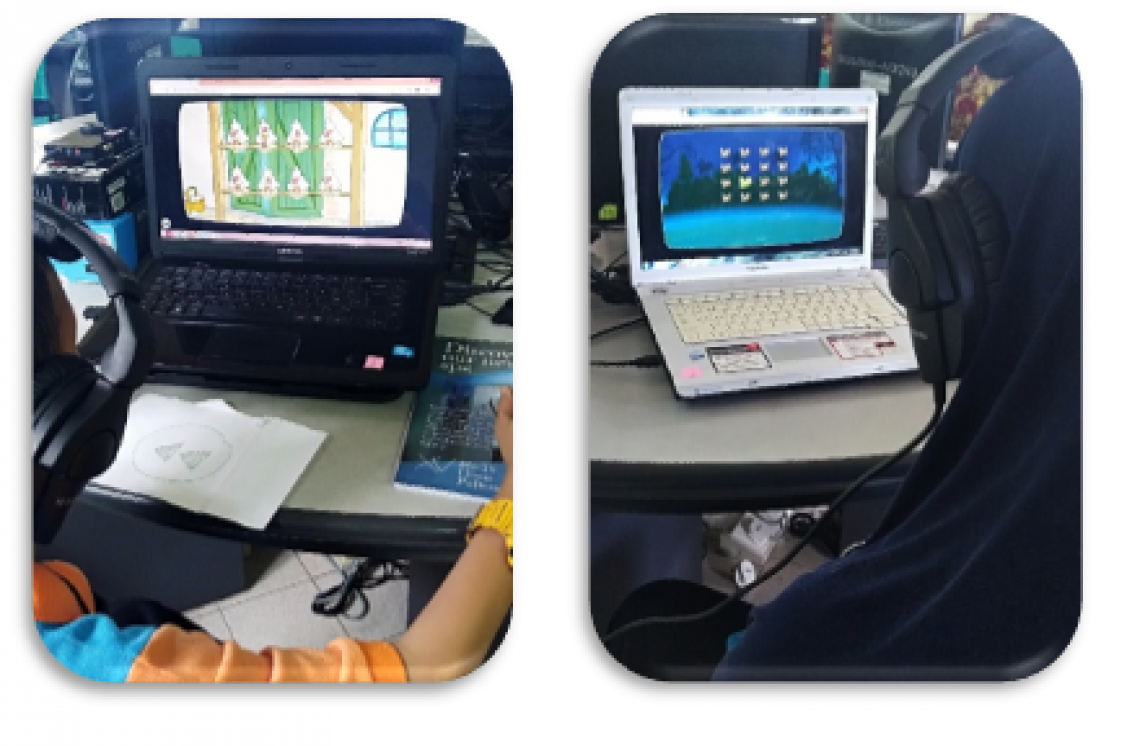Researchers at the International Islamic University Malaysia (IIUM) are investigating ways to treat young children with attention deficit hyperactivity disorder (ADHD) using a combination of sound and memory training through computer games.
Medications are often prescribed to control attention problems, but only for children older than 3 to 6 years old depending on medications. Researchers are looking into alternatives to compliment medications and help avoid any side effects from prolong use.
Dr Ahmad Aidil Arafat Dzulkarnain and his colleagues at IIUM have developed a new intervention technique to reduce ADHD symptoms using sound and computerized cognitive therapy.
The technique aims to improve visuo-spatial working memory and sensory gating, which is the brain’s ability to filter information. Specifically, this new technique involves playing nature sounds, such as waterfalls and other noises, while children are playing a series of brain training computer games that require them to remember a sequence of events.
The team has begun testing the intervention among 39 primary school children with ADHD symptoms in Kuantan, Pahang. The training took up to 20 minutes per session. After six weeks of treatment (3 days per week over 13 training sessions), 50% of the ADHD symptoms were reduced based on their score through a validated Malay version of teacher and parent rating scale of ADHD (SNAP IV). Specifically, the children showed improved ability to manipulate and process information, and to be more focused by improving their ability to filter information.
While the result is promising, further study is needed to verify whether the intervention is permanent or it is required for them to undergo further intensive training. In general, the combination of sound therapy and brain training exercise is in line with the stochastic resonance effect and moderate brain arousal model, where certain amount of sound could regulate the brain activity of the ADHD kids. This will eventually reduce their ADHD symptoms and other associated symptoms.
The researchers plan to expand their studies to ADHD patients with different severity levels and to see if the new approach can complement medications prescribed by a child psychiatrist. Recently, Ahmad Aidil secured a Trans disciplinary research grant scheme (TRGS) under Ministry of Education to further study if this technique can help children with autism spectrum disorder (ASD).
Sound-cognitive training sessions



